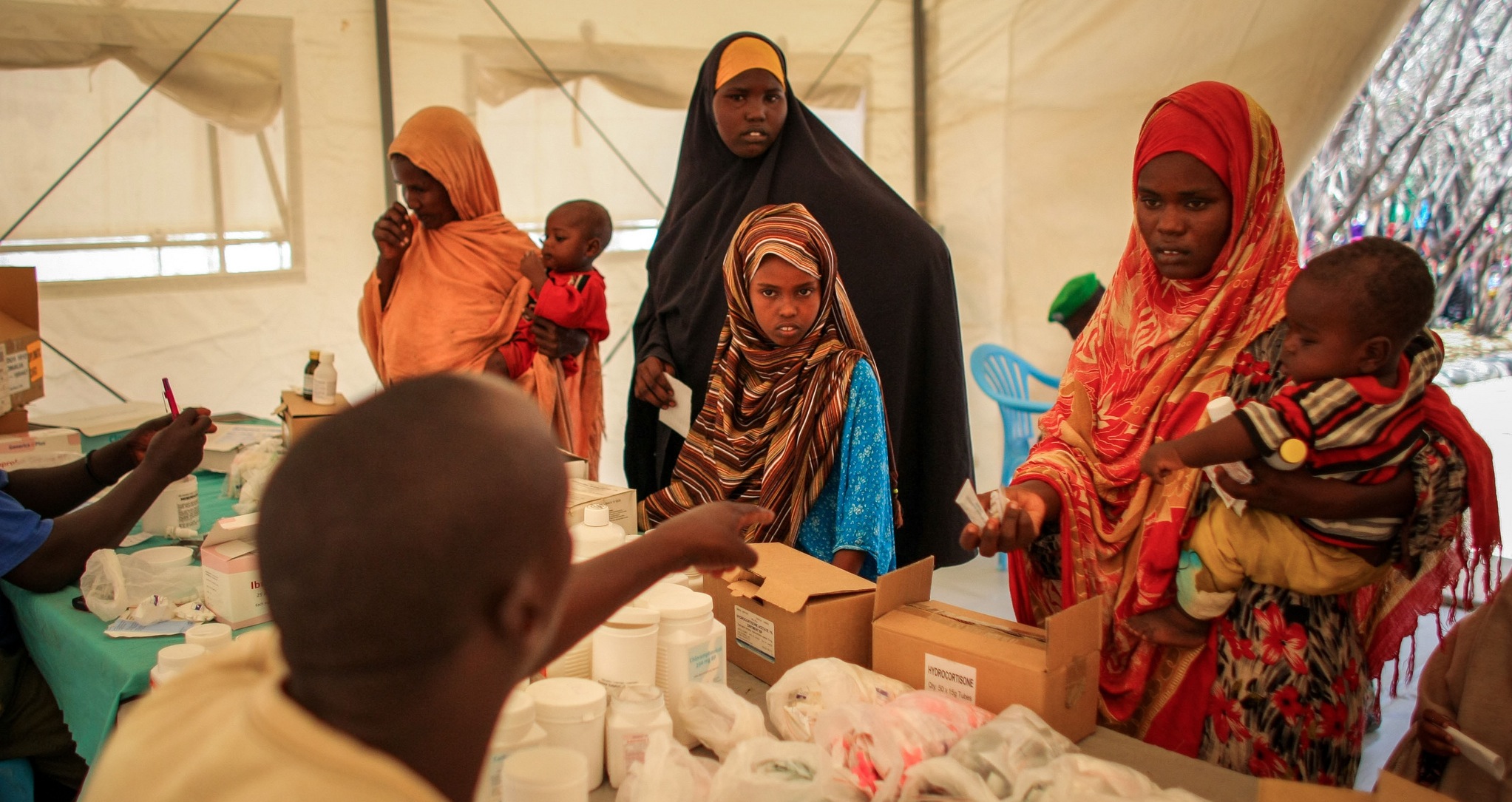In Spring 2015, Social Science Matrix sponsored a prospecting seminar that brought together faculty and graduate students from diverse fields—including biostatistics, business, economics, medicine, and political science—to study governance and global health delivery issues in developing countries. In Fall 2015, Matrix will continue supporting this important initiative, as the Health and Governance Collaborative research seminar will focus on merging the biomedical and social sciences to improve the delivery of global health care.
“Advancing the health of populations must involve understanding the behavior of governments, organizations, individual health workers, communities and individual patients in the context of health—areas not traditionally within the scope of health sciences,” the seminar’s organizers explained in their successful seminar proposal. “Insights from social sciences—including how social scientists use rigorous, often experimental and mixed-method evidence to understand what motivates public servants to improve delivery methods—have to date not been fully brought to bear on the science of health care delivery.”
Coordinated by Thad Dunning, Professor of Political Science at UC Berkeley, Elvin Geng, Assistant Adjunct Professor of Medicine at UC San Francisco, and Maya Petersen, Assistant Professor of Biostatistics and Epidemiology at UC Berkeley, the seminar will bring together experts in public health, biostatistics, epidemiology, health policy and management, clinical medicine, economics, political science, business, and other domains. The purpose is to “marry recent advances in implementation science and impact evaluation methods to parallel social science research on improving the quality of governance, reducing leakages, and shaping the incentives of civil servants and other actors."
The seminar will expose participants to recent methodological advances in experimental designs in both the health and social sciences, and help generate better, more efficient answers to the types of complex behavioral and institutional questions that characterize care delivery. It will also create an opportunity for scholars from other institutions and practitioners from both the health and social sciences to present their work on public health delivery issues, and enable experts from diverse disciplines to collaborate on research designs, pre-analysis plans, and experiments that contribute to increasing the quality of global health service delivery.
"Biomedical and social sciences are often analyzing the same reality," the proposal explains. "Promoting dialogue between researchers in these traditions can improve programming and research in both areas."
Photo Credit: Amisom Public Information
